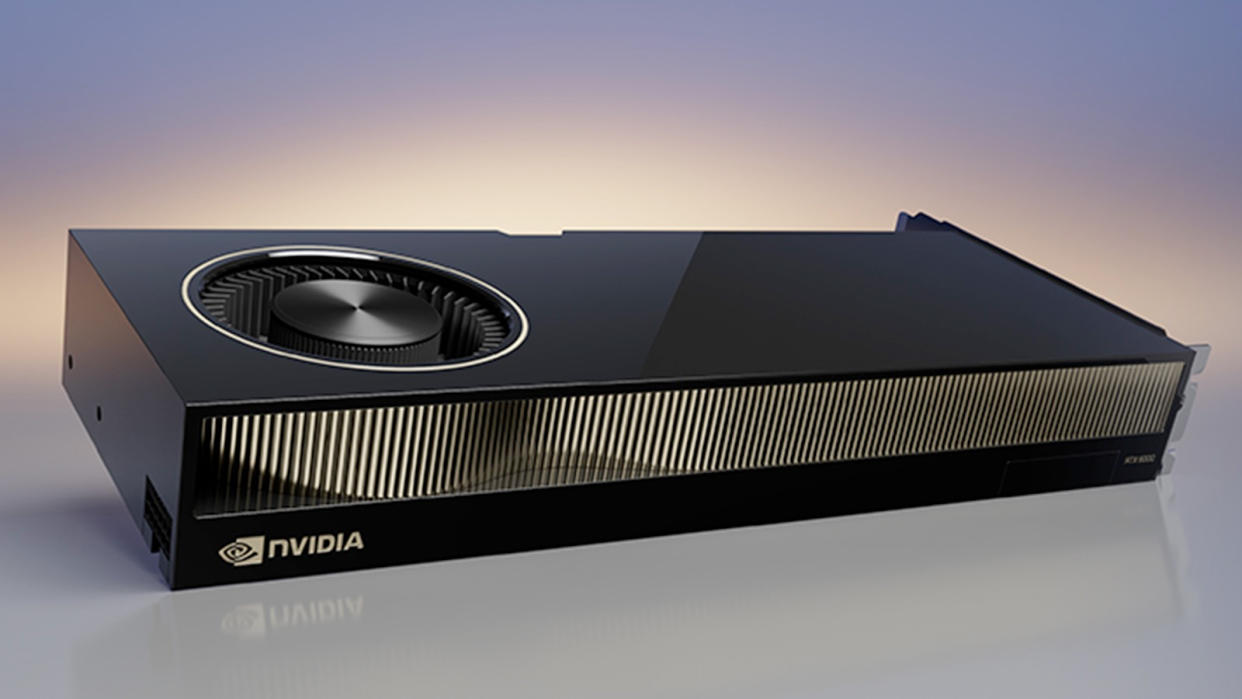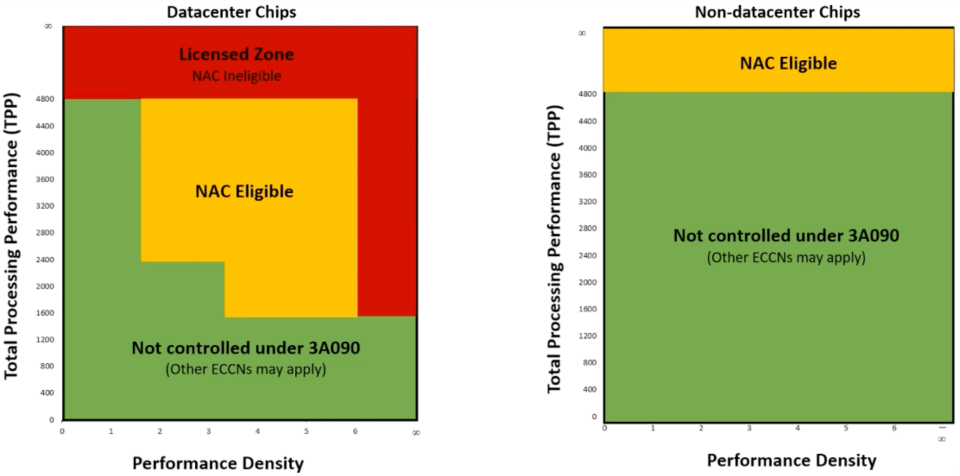The US government banned Nvidia's fastest gaming GPU from China — chipmaker pulls RTX 4090 listings due to AI concerns, but leaves RTX 6000 Ada

Nvidia's Chinese website continues to list workstation-grade RTX 6000 Ada solutions. The RTX 6000 Ada is the company's most powerful graphic card and is subject to export restrictions to China (and some other countries), according to the latest U.S. trade rules. In fact, with a compact blower cooler and 48 GB of memory, the RTX 6000 Ada is a very good fit for artificial intelligence training. In contrast, Nvidia and its partners no longer sell the GeForce RTX 4090 graphics card in China, VideoCardz noticed, and the company has removed any mention of the consumer product from its Chinese website.
Nvidia's GeForce RTX 4090 — one of the best graphics cards around — is based on the AD102 graphics processing unit and has a total processing performance score of 5,280 (based on its FP8 Tensor FLOPS performance of 660 TFLOPS), which makes it an export-licensable item (as its TPP is higher than 4,800). To ship GeForce RTX 4090 products to China, Nvidia and its partners now have to obtain an export license from the U.S. Department of Commerce. Such license applications are reviewed with a presumption of denial, so it looks like Nvidia would rather not sell its GeForce RTX 4090 in China.
With the above in mind, it is strange that the company continues to offer its RTX 6000 Ada Generation graphics board for professionals in China. This solution features the AD102 graphics processing unit with 18,176 CUDA cores enabled; its total processing performance score is 5,828 (based on its 728.5 FP8 TFLOPS performance without sparsity). In fact, this graphics card carries 48 GB of memory, so it is actually a better fit for AI training and inference than the consumer-oriented GeForce RTX 4090.
What is perhaps more important is that Nvidia's RTX 6000 Ada Generation comes with a compact blower cooling system, which makes it easy to use in data center environments and which makes it useful both for AI training / inference jobs as well as high-performance computing, as it supports FP64 without constraints.
It is unclear why Nvidia still lists its RTX 6000 Ada Generation graphics card on its Chinese website. Perhaps the company intends to apply for an export license to keep selling this $6,800 product in the the People's Republic, or maybe the company's partners have plenty of those cards in China already and therefore will be able to continue selling stock for some time.


